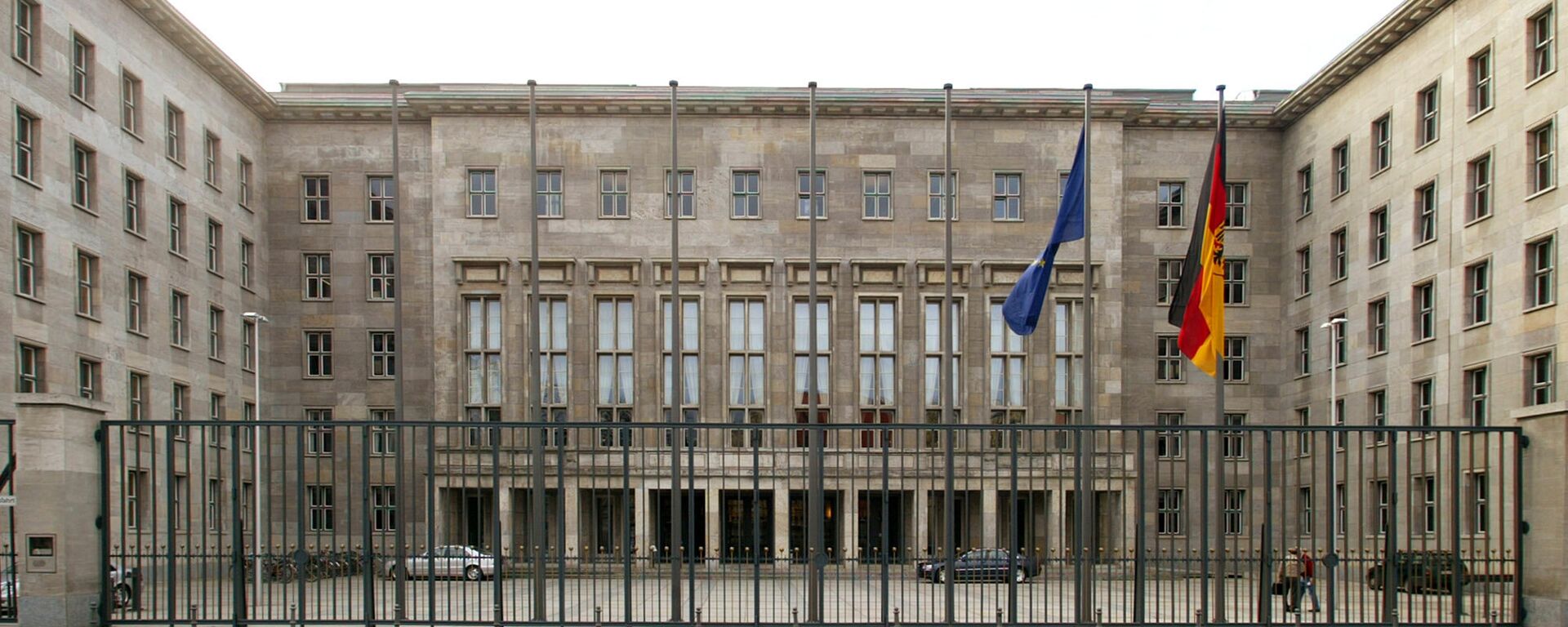On Thursday German parliament passed a bill to regulate data protection and privacy in telecommunications and telemedia.
Known as the Data Protection Act, the legislation is designed to unify the existing Telemedia Act and the recently amended Telecommunications Act and bring them in line with the EU’s General Data Protection Regulation.
“Until now, questions about data protection and privacy were split between these two laws. These different data protection rules will now be merged into a single law so that the legal situation is clearer and more consistent,” SPD Member of Parliament Falko Mohrs told Euractiv.
The new law, however, could soon be superseded by European law as the EU continues to hold intense talks on the new ePrivacy Regulation to control data protection across the Continent.
German federal government and local authorities have committed to offering a total of 575 online services under the 2017 “Online Access Act” by the end of 2022.
A total of 315 of these are currently available in some regions, which Minister of State for Bureaucracy Reduction and Federal-State Relations Hendrik Hoppenstedt told Handelsblatt was a “considerable value."
According to Ariane Schenk from the Bitkom association that represents a large part of Germany’s digital economy, what hinders the country most is not a lack of technological know-how, but a lack of flexibility.



